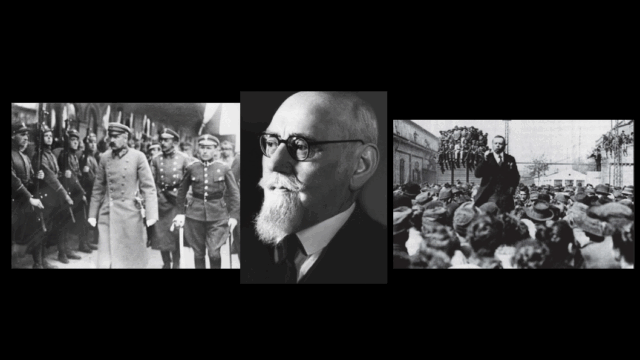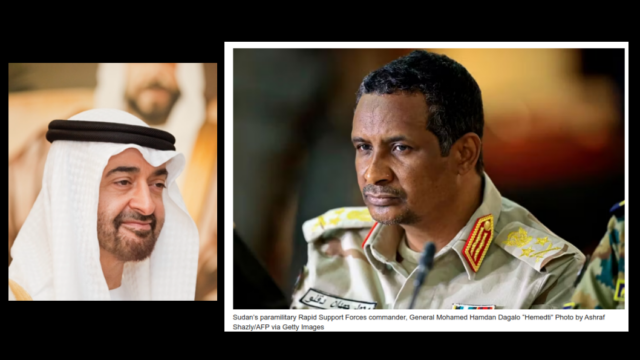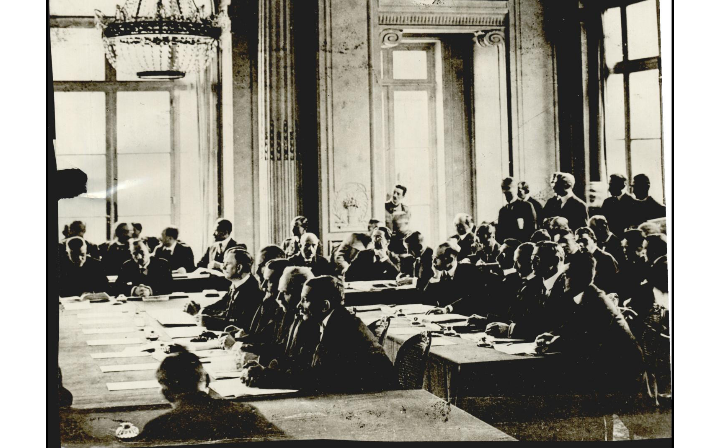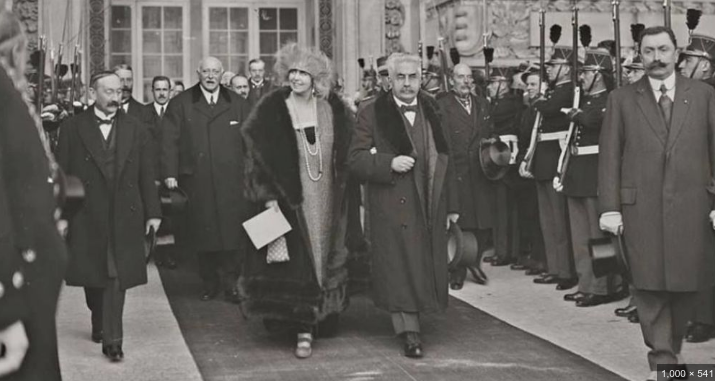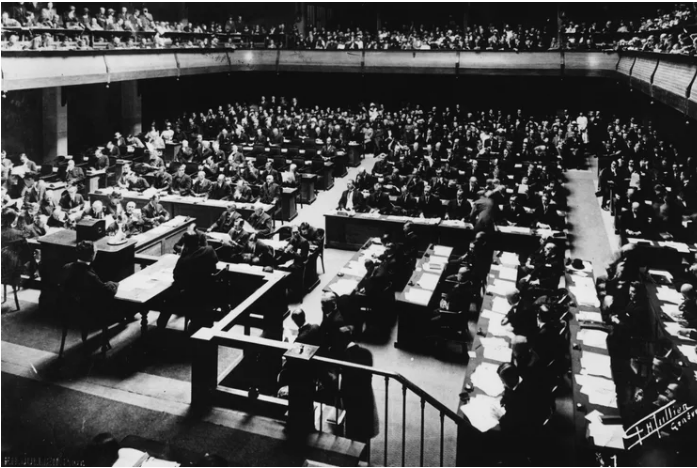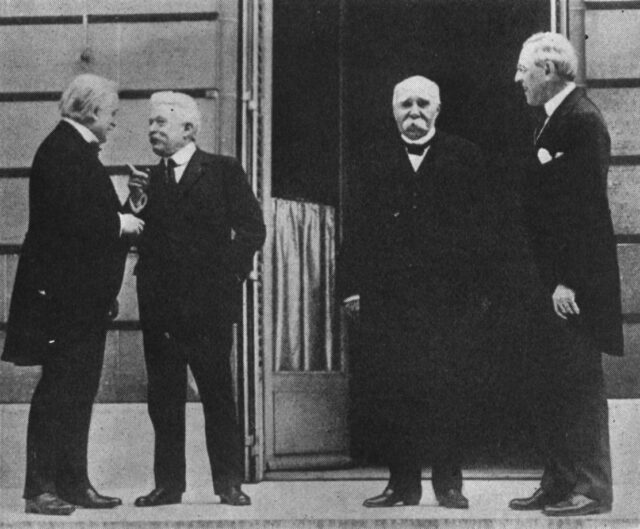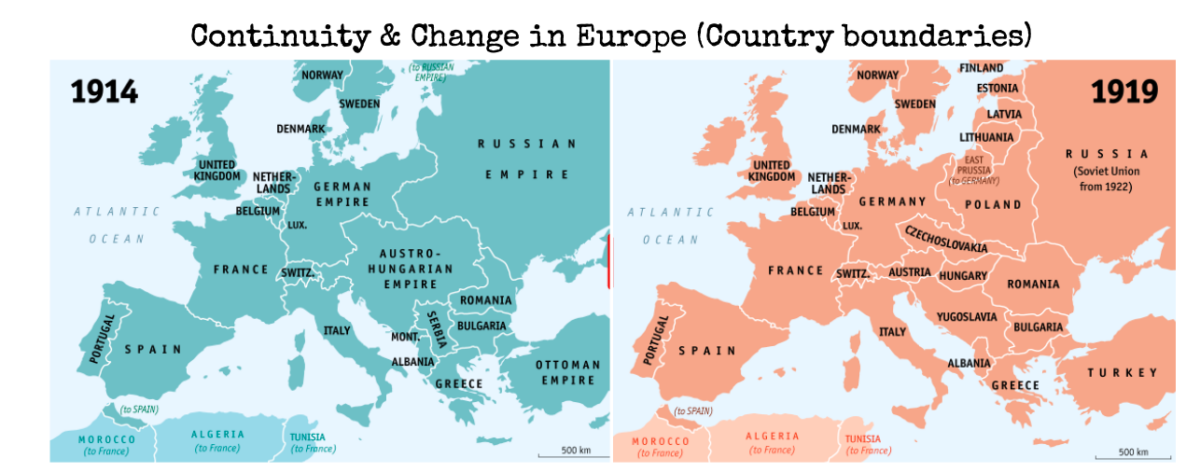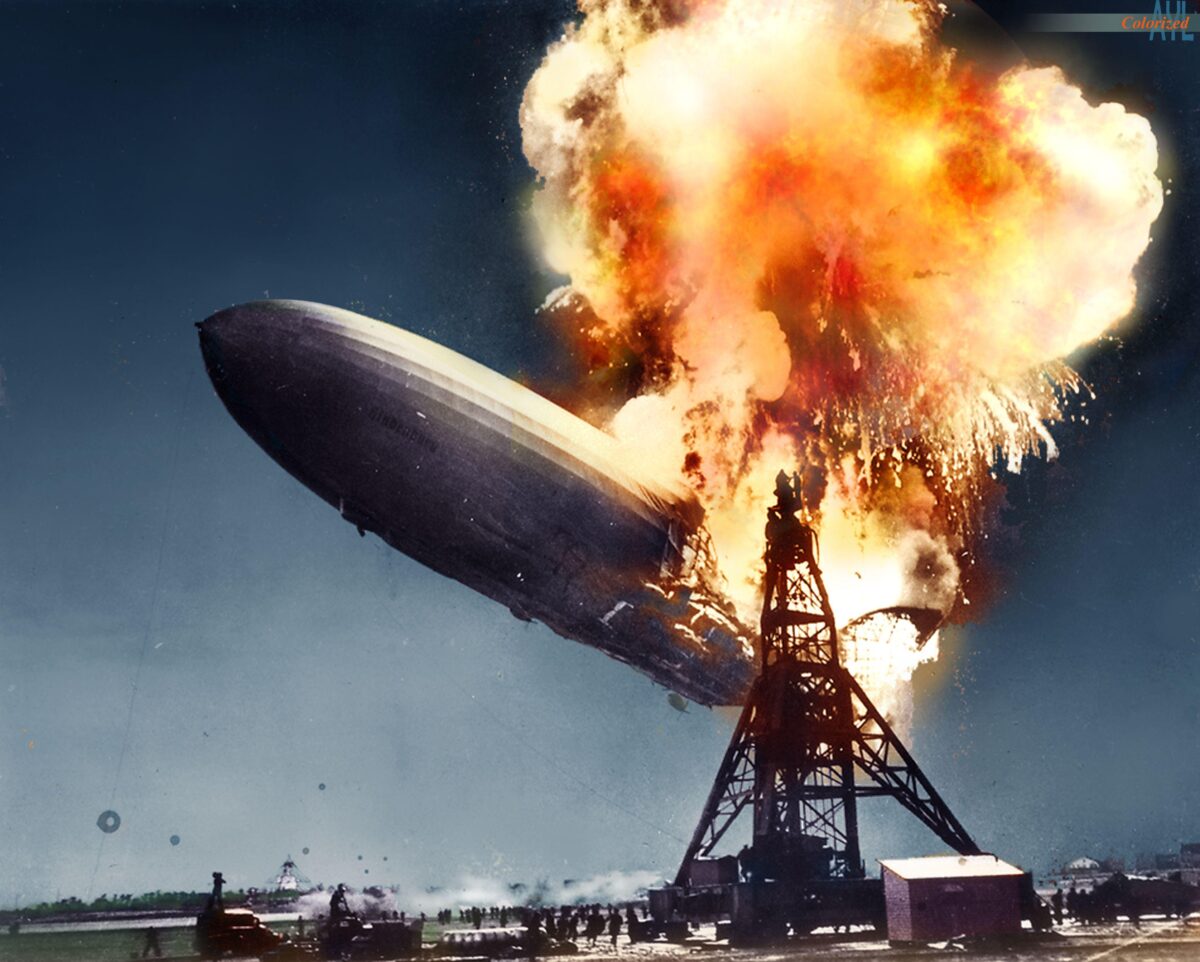Frederik Soderholm and Mehmet Ali Arslan interviewed me (Justin) for their Fredshetsarna (Swedish) podcast about nonviolence and military matters in West Asia.
Audio
Civ 1919: Treaty of Versailles 5 – Eastern Europe
Poland, Czechoslovakia, Austria, and Hungary’s fates are decided at the conference in Paris in 1919.
AER 147: Sudan Civil War, the RSF, and the UAE’s subimperialism
Hamza from Defund the UAE joins to talk about the Sudan war. How did it start? Who are the belligerents? What makes the RSF the greater evil? What is the UAE doing in this war? What can be done from the West to help? Hamza mentions Sudanfunds.com and SudanNewsEnglish on telegram, to start.
Civ 1919: Treaty of Versailles pt4 – Germany
The Anglo-Americans blamed the Germans for World War I, and won. Now they would impose terms. But if they sought too high an indemnity, Germany’s economy would collapse and they would never pay. If they helped Germany rebuild, what kind of punishment would that be? In the end, the Allies chose a path that guaranteed the next war.
Civ 1919: Treaty of Versailles pt3 – the Balkans
The Balkans are where the Great War began; there were two Balkan wars before the Great War and there was a Balkan war in the Great War. In Paris, delegations from the region made their cases, the Great Powers made their dispensations. New countries formed and new borders drawn, which would be changed again in the next war.
Civ 1919: Treaty of Versailles pt2
The biggest player at the peace conference, Woodrow Wilson, wants a League of Nations, which in the age of imperialism, is a rather underdeveloped idea. The other problem is, how to continue colonialism but with a nicer name? And so were invented the Mandates.
Civ 1919: The Treaty of Versailles pt1
At the end of WW1, the Americans and British went to Paris to decide on the fate of Germany and the future of the world. The Treaty of Versailles and the conference in Paris in 1919 set up the Interwar period and made World War 2 inevitable. Here we begin our short series on the Treaty of Versailles, kicking off our Interwar series. Civilizations is Back!
World War Civ 51: The Debrief
Two and a half years. 50 episodes. 100+ hours. When we set out to cover World War I back in September 2022, after our Scramble for Africa and our Civilizations (1400-1900) series, we had a plan for how we were going to go about it. In this debrief, Dave and I talk about what we were able to do better and worse by using this format compared to when Dave taught it (and I studied it) in high school and when we both studied it in university. As well as some reflections on what stood out from the history, the idea of WWI as an inflection point in history, and previewing our next three series: Interwar, World War II, and Decolonization.
Was World War I an Immense Anglo-American Conspiracy?
We have come to the end of our study of World War I, gone over its causes, events, and costs in great detail. Now it’s time for a plot twist: the idea that the whole war was conceived and extended by a conspiratorial group of race patriots at the heart of the Anglo-American elite. We use Carroll Quigley’s book, the Anglo-American Establishment; Docherty and McGregor’s two books, Hidden History and Prolonging the Agony; and James Cafferky’s Lord Milner’s Second War, to present the case that the war was orchestrated by this Secret Elite to destroy the possibility of a German industrial rival possibly allied with Russia… perhaps this elite still exists… and still conspires along the same lines one hundred years later!
World War Civ 49: How the war changed how things work
From the transformation of all the technologies of war – railways, air travel, wireless, tanks, poison gas – to the changes to the institutions of daily life (notably health care) World War I made many changes into the world we recognize today. Also – my apologies – in the second half, my recurrent audio issue came up and I was recording with my webcam instead of my mic!


